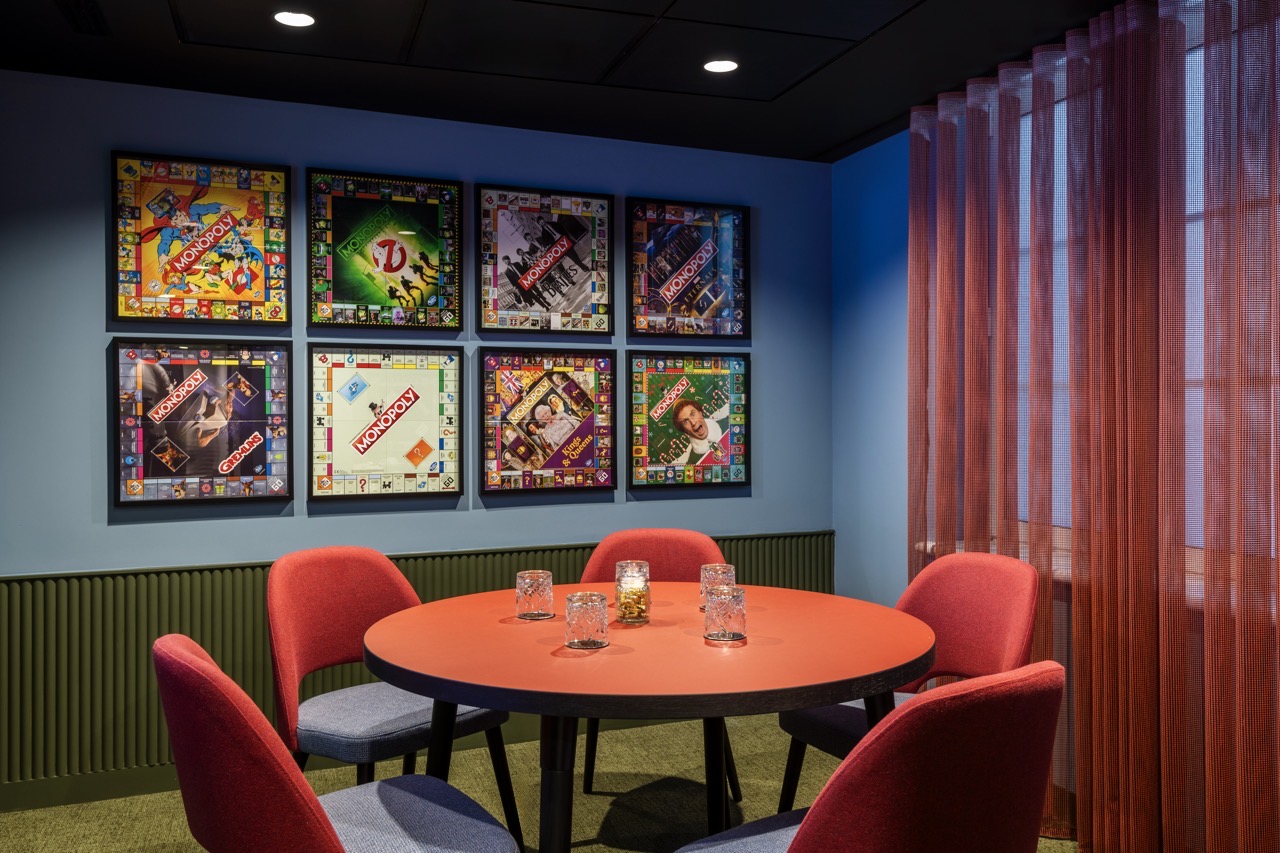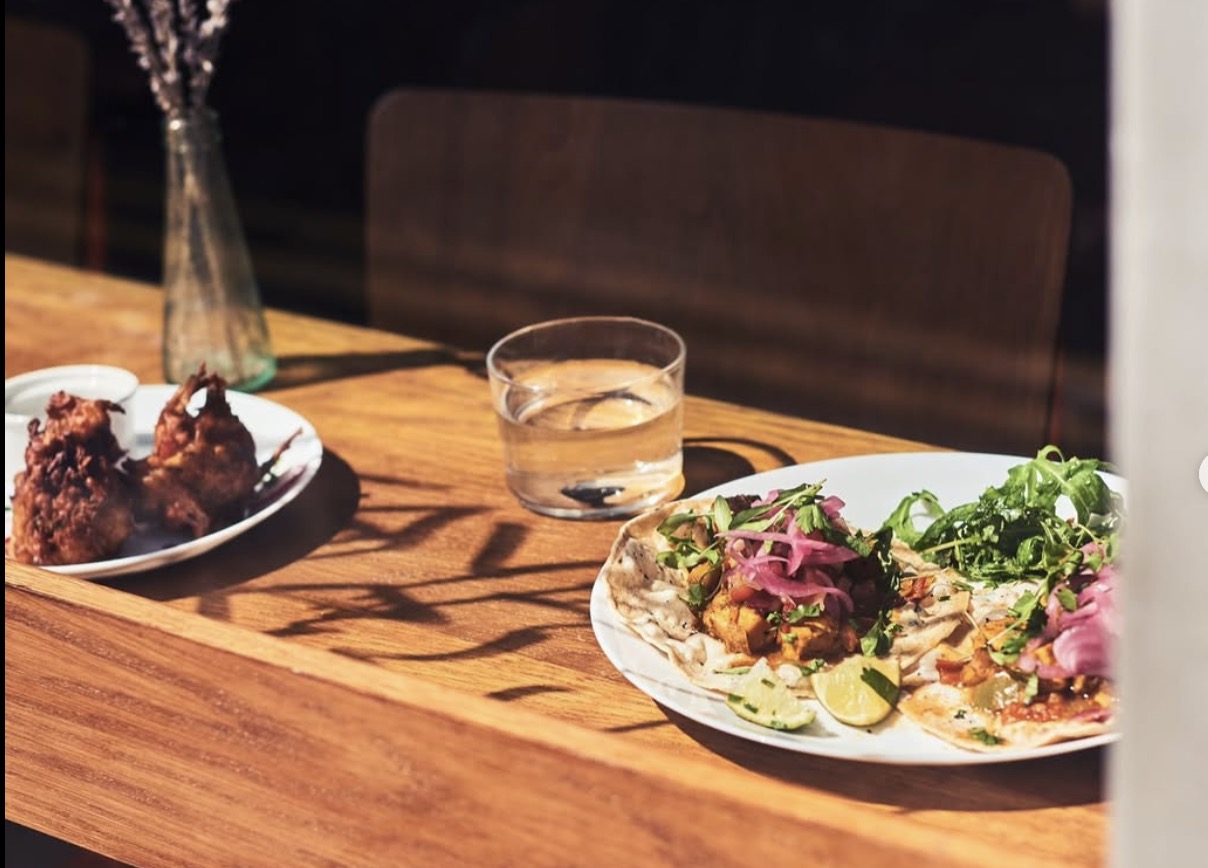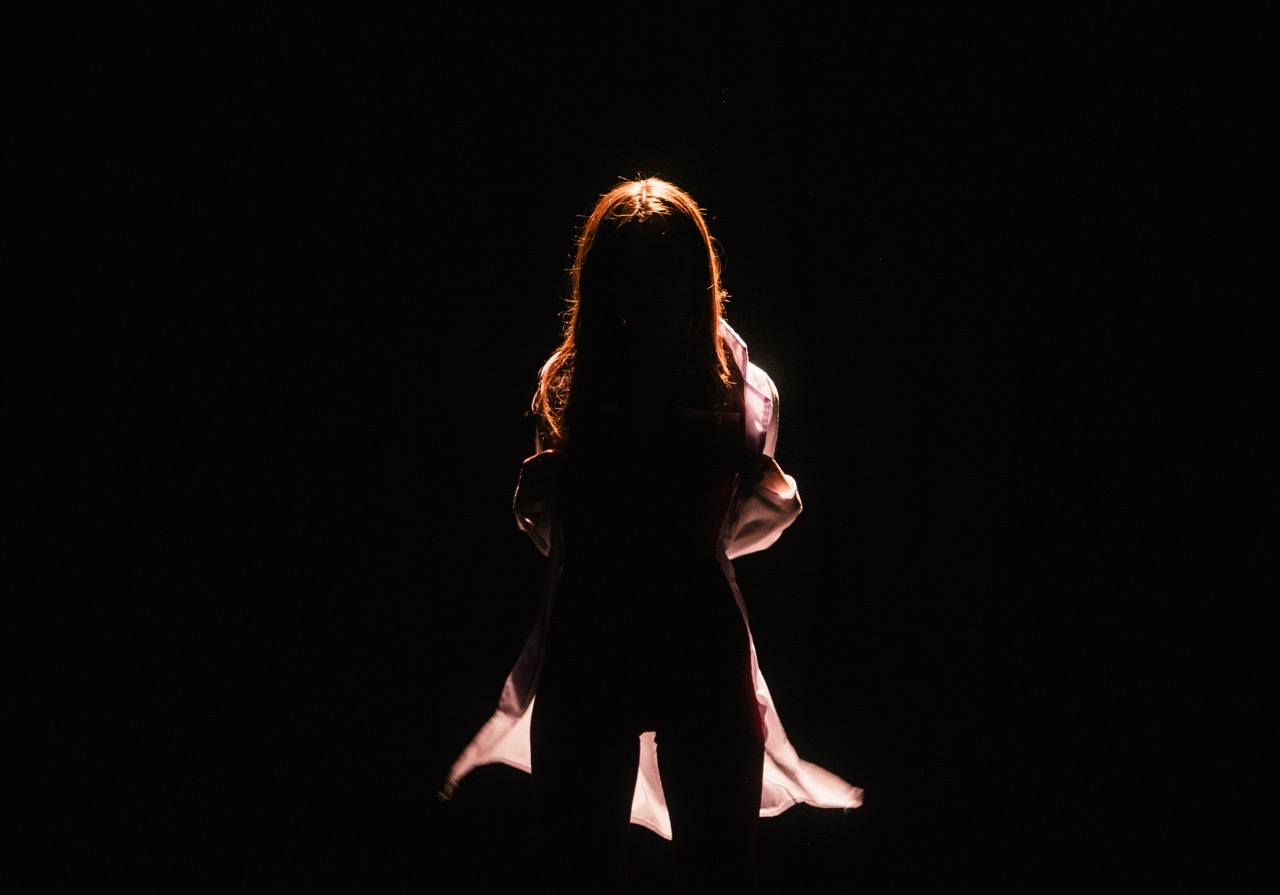Georgie Wedge is rapidly becoming one of the sharpest voices on London’s spoken word scene. With Per-Verse, her brilliantly chaotic one-woman show, she spins poetry, stand-up, and storytelling into a hilariously honest take on modern romance. As she brings the show to a limited run at Riverside Studios in London from 3rd to 19th April, we caught up to talk ghosting, cringe, feminism—and finding the poetry in flat shares and bad sex.
What inspired you to take your spoken word pieces and shape them into a full-length show like Per-Verse?
I was really encouraged by the reactions I was getting at the spoken word nights when I performed them. Because I’d do quite a physical performance too, I could find myself getting more animated and pushing it more into theatre territory. These short 5-minute windows of performance were making me hungry to get back into performing more, and when I started finding links between the pieces, I thought why not give it a go as a full-length show and try and do something a bit different.
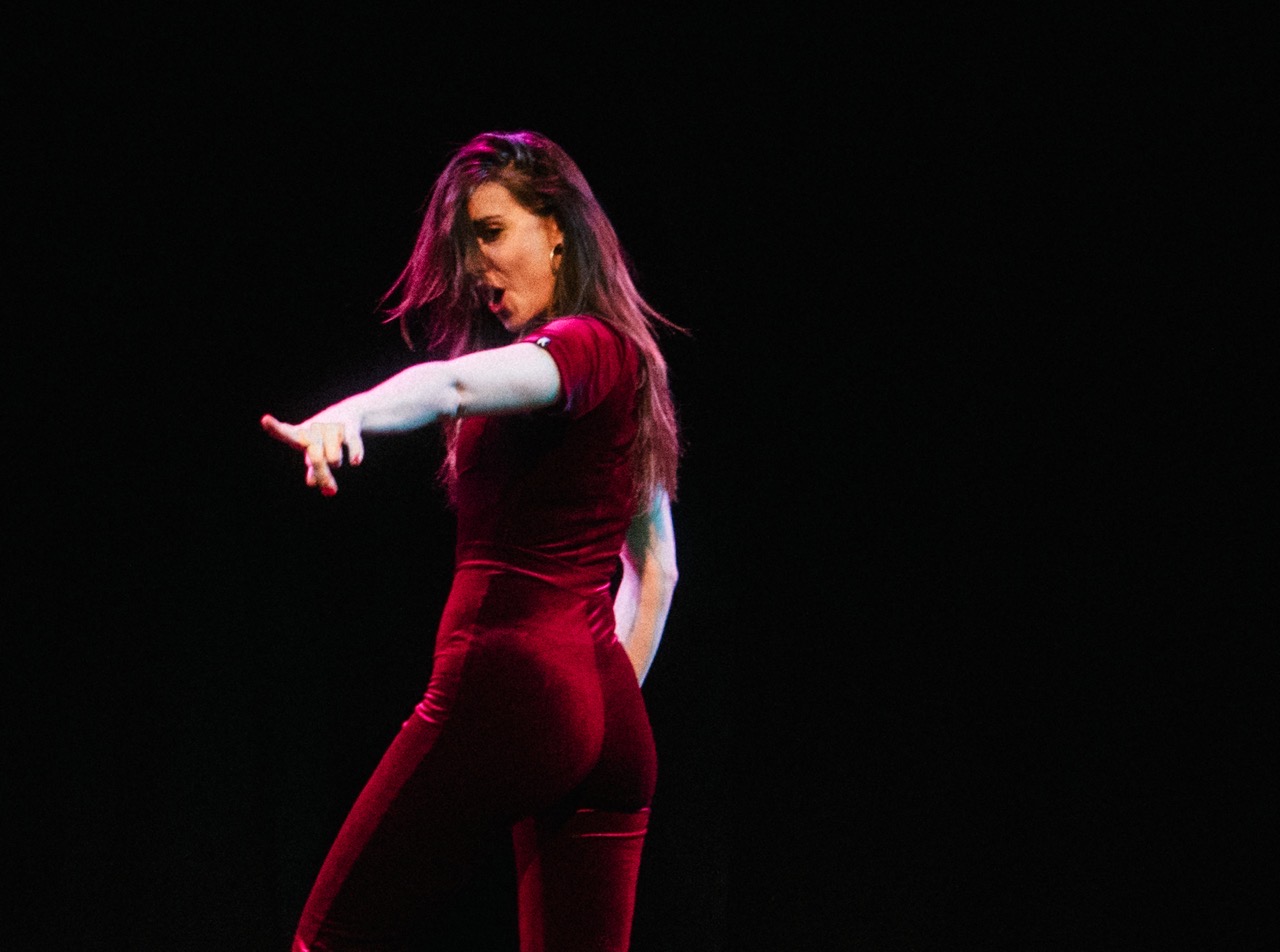
Your show blends stand-up, poetry, and storytelling. How did you find your rhythm in balancing humour with vulnerability?
My dating experiences naturally leaned into both of those things, so they were always counterbalancing each other. For all the mentions of when a date is doing something funny or ridiculous, I’m also taking the piss out of myself or exposing something I’ve done, which can be vulnerable. Being on stage on your own, there really is nowhere to hide so you sort of need to punch through with the humour to try and not feel too exposed. Having an audience really helps that though, as their live reactions can make you feel safer in your vulnerability.
Modern dating is chaos—and you capture that so well. Was there a particular moment or experience that sparked the idea for this show?
Thanks! It wasn’t as much a particular dating experience, I think it was more how I was relaying my experiences to friends and how my dating life had become its own beast that really sparked the idea. Dates would go in the cyclical pattern of bars, Ubers, flats etc. but there was always something unexpected that would take it in a bizarre direction. I wanted the show to mimic that experience of dating and how it can be this assault on the senses, as well as this performance we’re playing out with ourselves and people that have stakes in it around us.
Per-Verse has been described as “fiercely feminist.” What does that mean to you in the context of romantic storytelling?
It’s about taking control of your narrative and being bold in how you tell the story. I like playing with language and how it can be super silky, smooth and sultry one minute and quite rough and jarring the next. I think our romantic lives go through these strange ebbs and flows, where you can be lost in the “poetry” of romance and then jolted back into the horrors and mundanity of the every day. Though I talk candidly about sex and intimacy, I think the feminism of it is in how fiercely I’ll throw myself into the story and embrace the cringeness.
You explore the fine line between self-deprecation and self-discovery. How do you protect your own truth while also making space for humour?
That’s an interesting question. It’s quite a strange thing to reflect on because much like dating, writing the show has been a process of self-discovery whilst also allowing someone else in and their interpretation of events. To be honest, I always wanted to lead with humour and I wasn’t super concerned about protecting my truth. My goal is to make the audience laugh and enjoy themselves, and feel immersed in something – I feel pretty comfortable relinquishing control there, and it actually makes me feel more secure in who I am and what I know to be true. I know I’m incredibly cringe, but the more I ham that up and play to the crowd, the more I feel myself… if that makes sense?
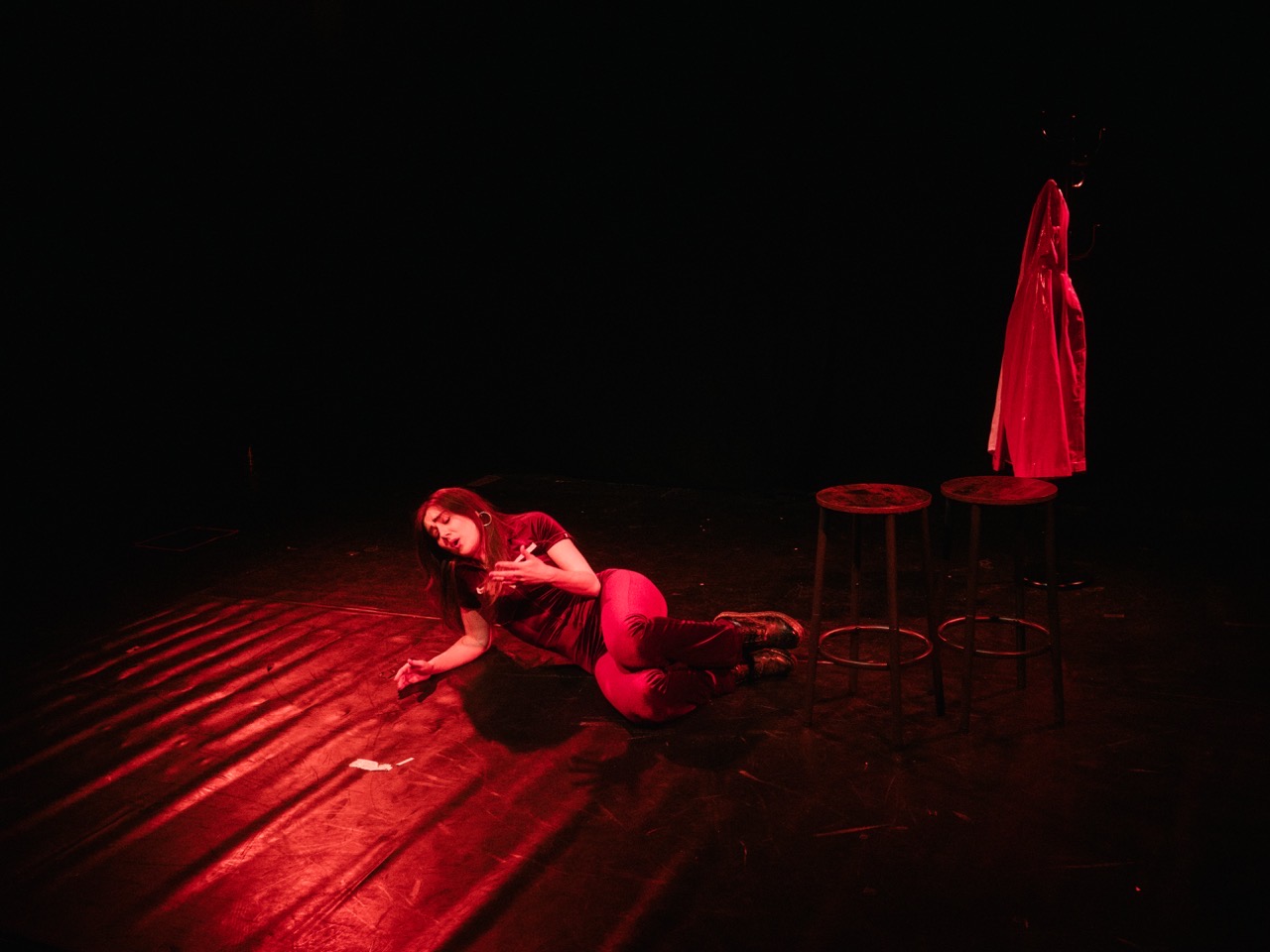
Spoken word plays a huge role in your show. What draws you to that form of expression over more traditional comedy?
I’m an absolute nerd for puns and wordplay, so when I first started writing I just naturally gravitated towards milking those elements. Maybe because I’ve always loved acting in plays and playing other characters, I felt the rhythm of spoken word allowed me to be more theatrical. Because my material was based on personal stories, I liked the challenge and dramatic conventions of writing it into a 5-minute piece, like a mini movie. I love watching stand-up but the idea of doing it also felt absolutely terrifying! Maybe it will be something I give a proper go in the future though.
From sweaty dance floors to existential dread over text messages, Per-Verse covers it all. Which part of the show do you feel most connected to?
I think what’s quite fun for me about performing the show is how each part connects to a slightly different part of my life and there’s the familiarity of one story being more recent, and the nostalgia of another being more distant. All of the sections feel like friends to me in a way. I feel quite connected to the bits in between the poems at the moment, where they are more streams of consciousness – particularly the part when I get to his flat and I’m noticing all these details and objects he has. I think it speaks to a general nosiness we all have about observing someone’s space for the first time.
Have you ever performed in Shoreditch, and what advice would you give to aspiring comedians looking to break into the scene there?
I’ve performed a lot in Hackney and Dalston, and I’m sure probably in Shoreditch too! My route was slightly more unconventional as I tested my material at spoken word/ poetry nights, rather than comedy ones. I was fortunate that I had a close mate who was also interested in trying out the scene so we bopped around together, and that really helped build my confidence. So from a practical POV, if you can find a pal to start going to nights with and also look for stuff on social media – it can seem more intimidating looking from the outside, but that’s how I discovered places. When you’re there, be bold and be yourself! Once you’ve torn off the plaster a couple of times, you get used to the rhythm of it and start having more fun.


